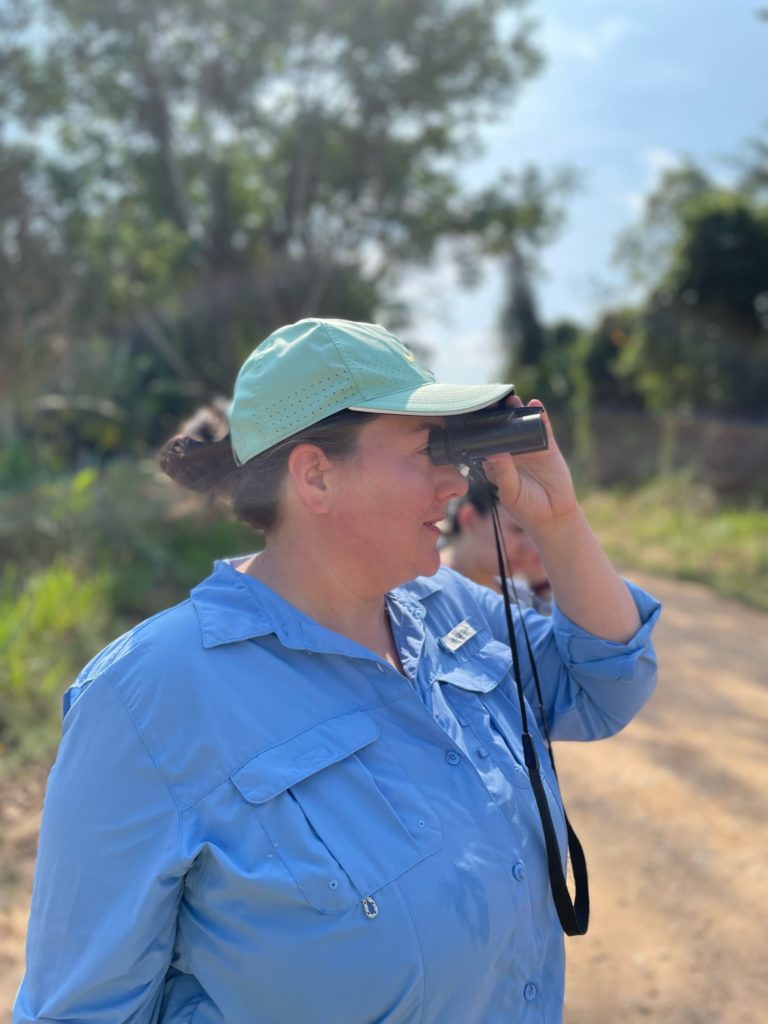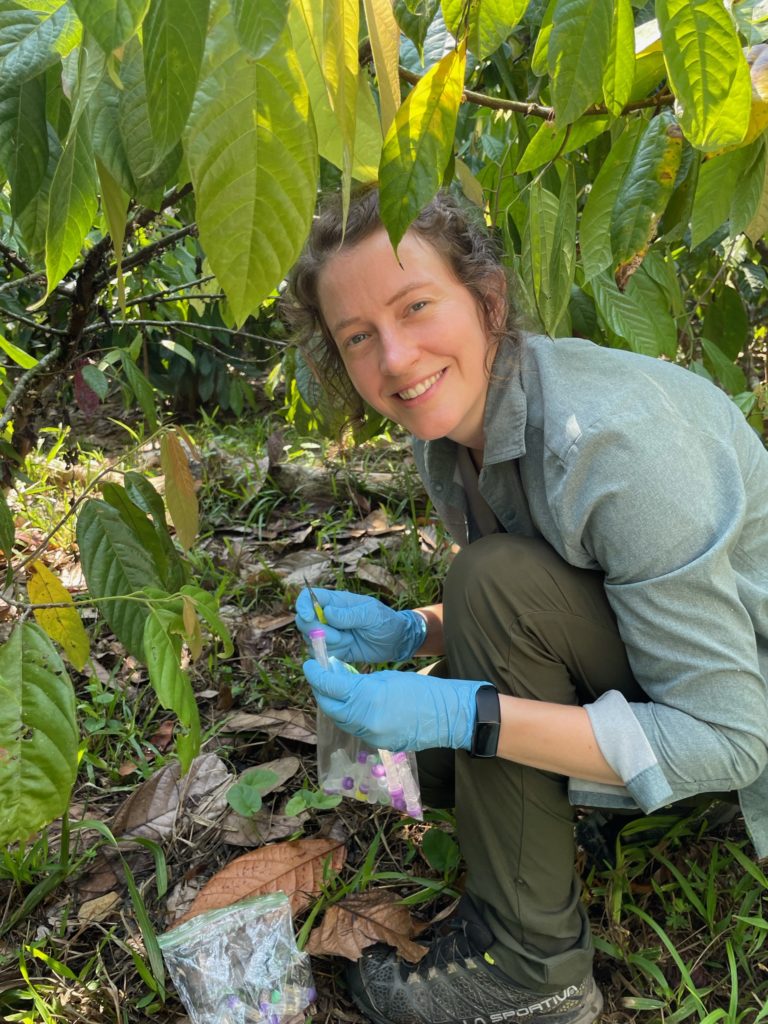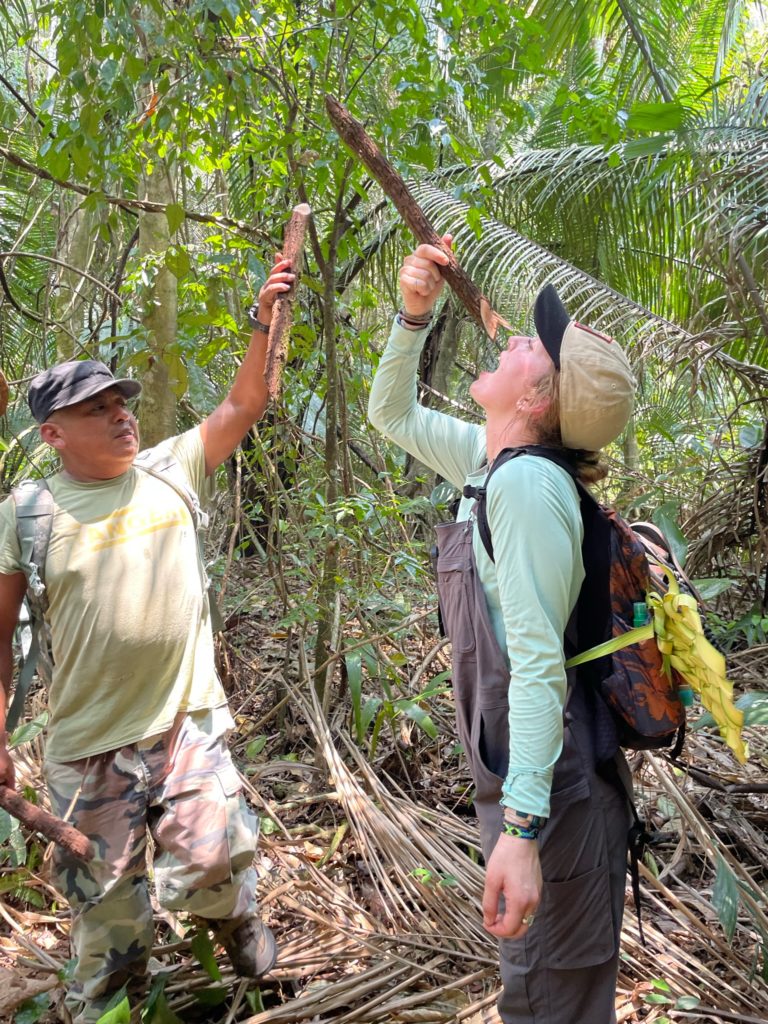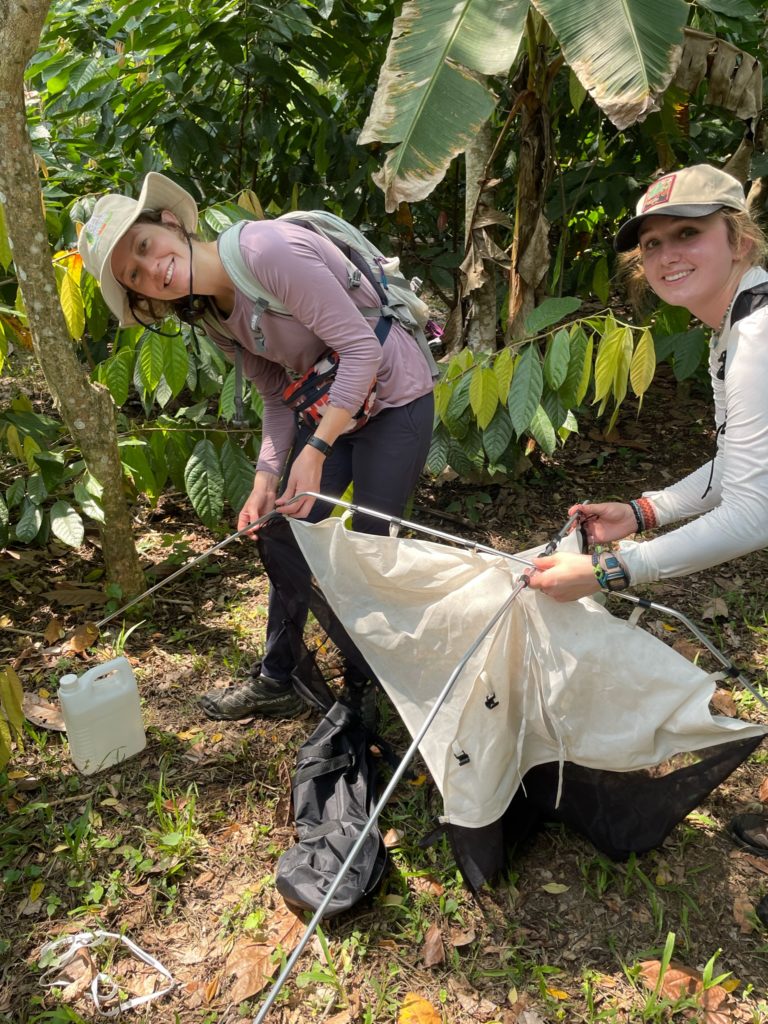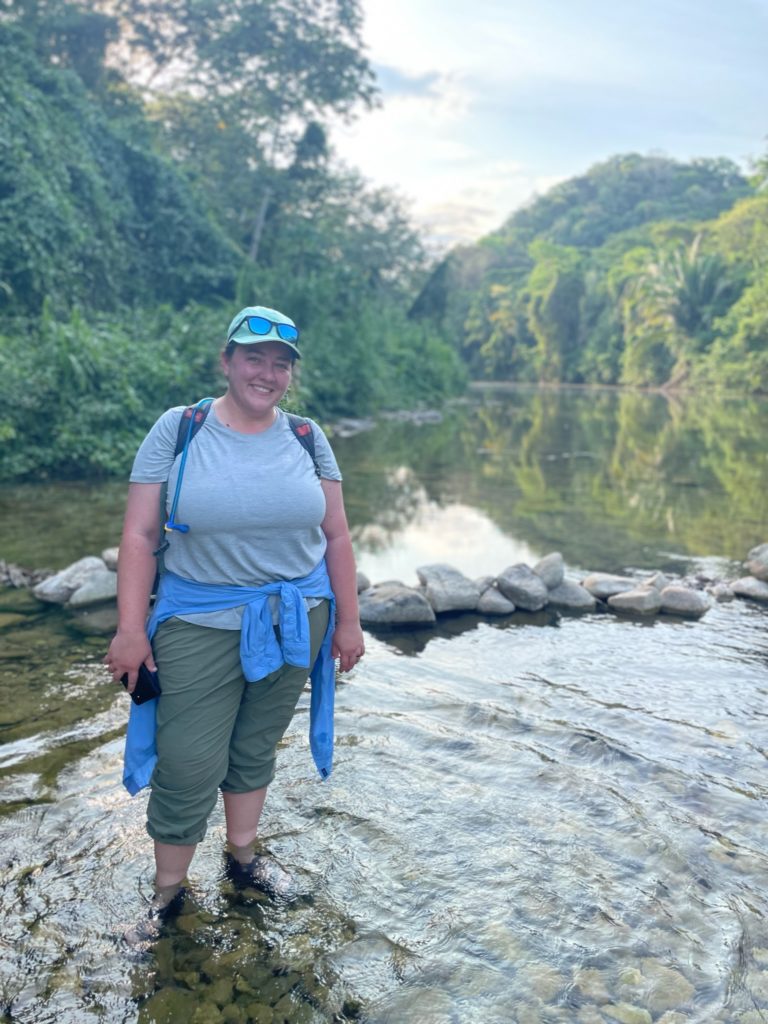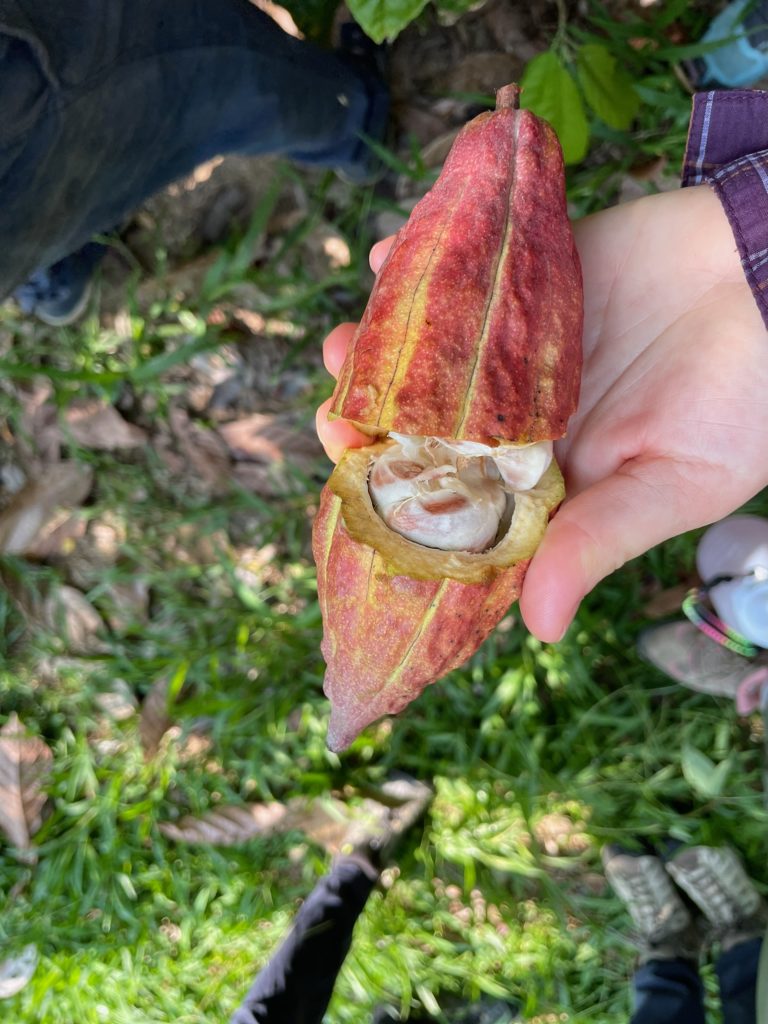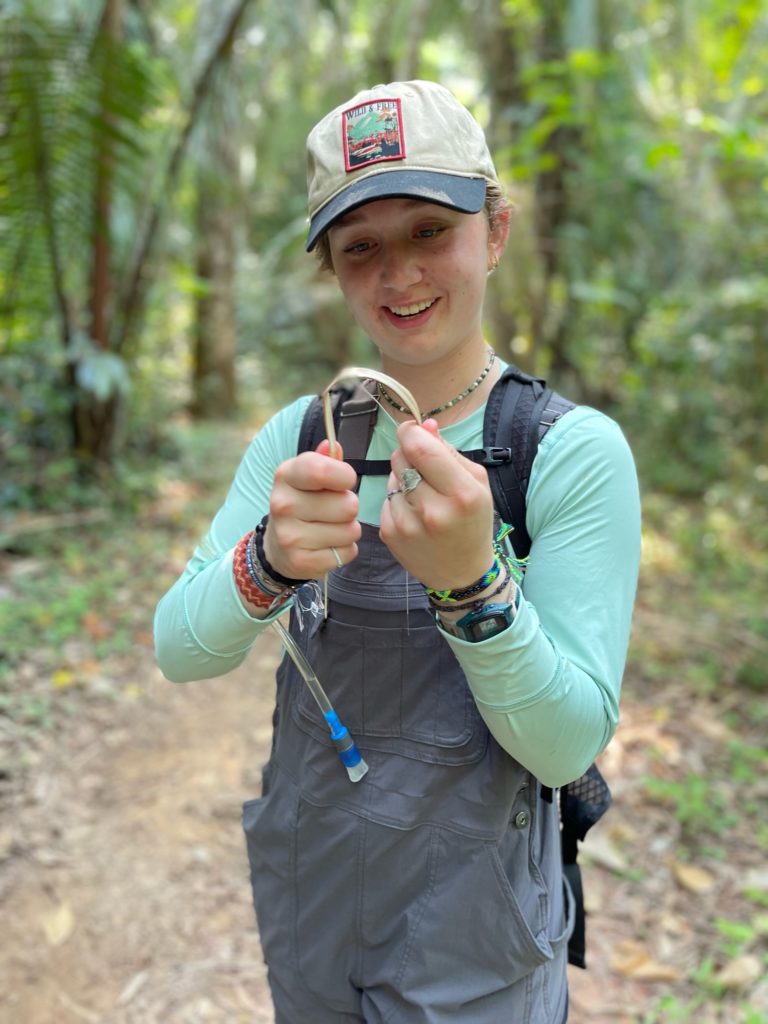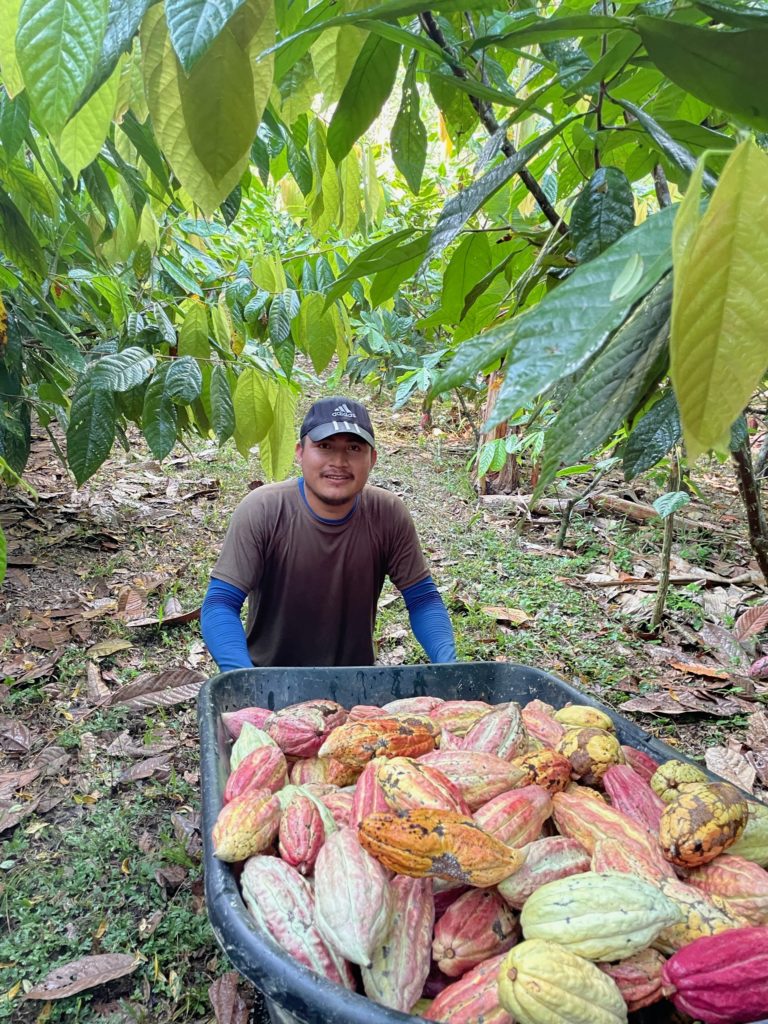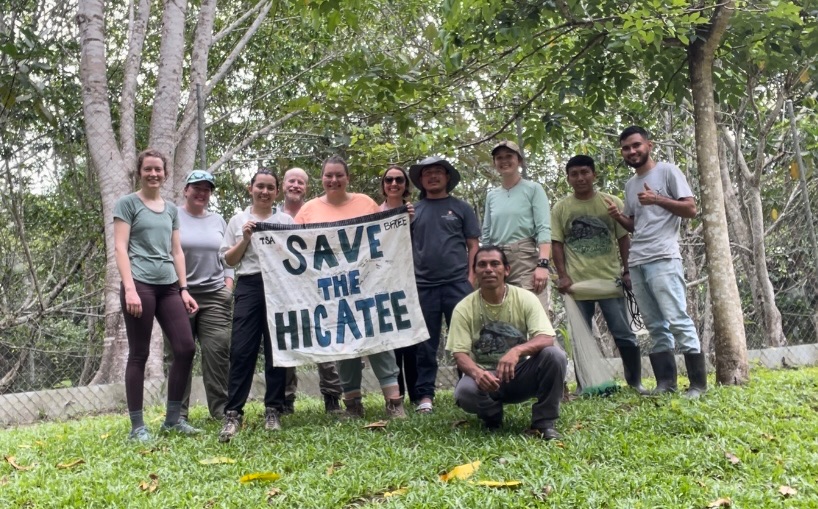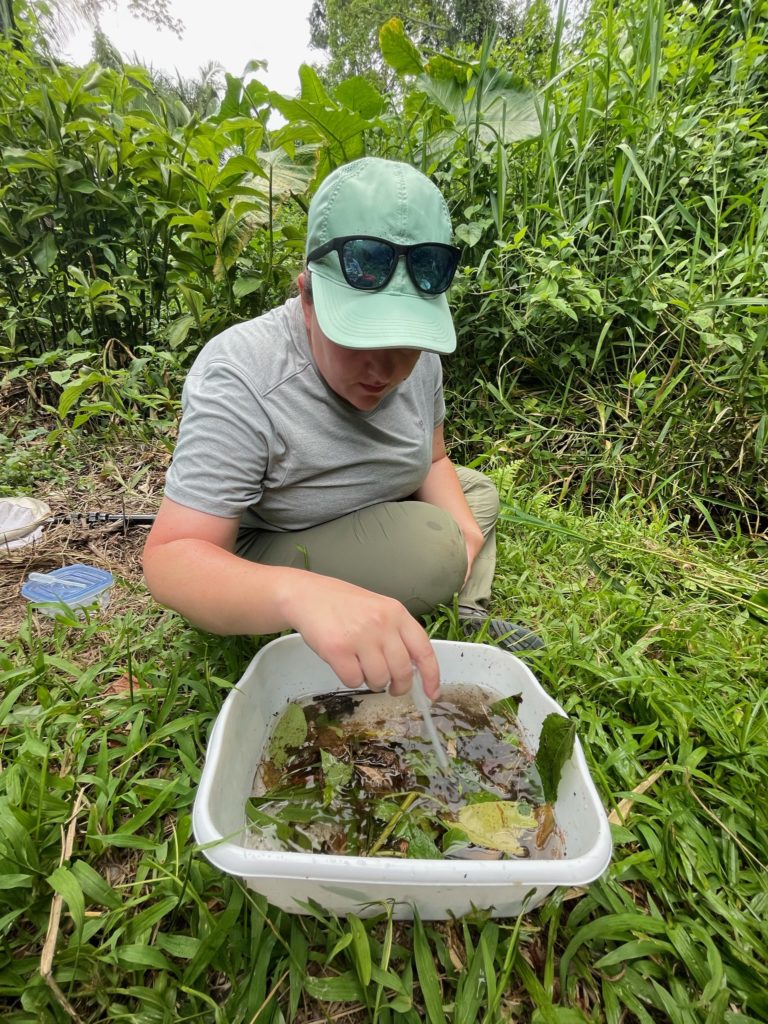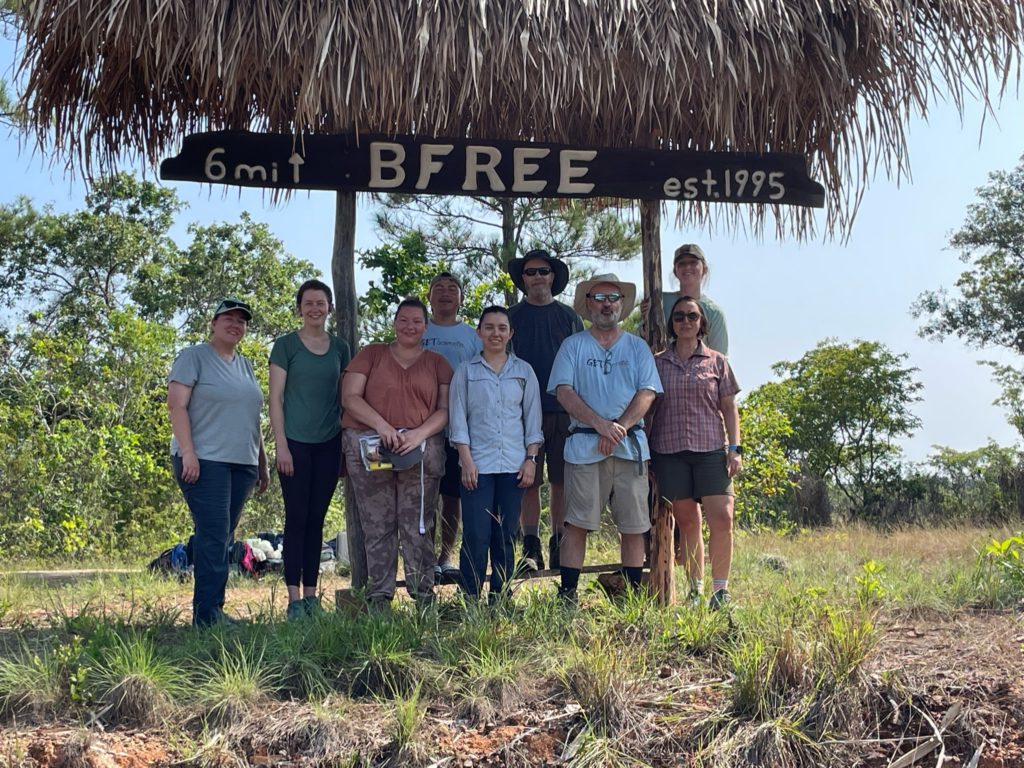Belize Cacao & Agroforestry Research
This research opportunity provides undergraduate students with hands-on experience in field methods and research methods within the sphere of international agriculture and natural resources. This is not an official study abroad course, but rather an international undergraduate research opportunity.
Course Dates: mid-May to early June 2024, exact dates to be determined soon
Application Deadline: Rolling, contact faculty leaders to apply
Course: Credit and non-credit option. See Costs and Funding tab.
Research Opportunity
Chocolate is one of the most popular foods. We celebrate with chocolate, we give it as a gift, we use it to show admiration and love towards others, we create art with it, we use it for beauty and health, and we reward ourselves with it. However, the modern conception of chocolate has diverged widely from its ecological and cultural foundations. Cacao (Theobroma cacao) has a complex history, with important cultural, religious, and ecological roles, making it an ideal focal crop for evaluating socio-ecological dynamics, species interactions, conservation, and agricultural sustainability, many elements of which would apply to most modern crop species.
This research opportunity encourages students to examine the relationships among wildlife, chocolate, and forests through cultural immersion, presentations, field experiences, and numerous hands-on research activities. Students will visit and stay at the Belize Foundation for Research and Environmental Education (BFREE). They will explore the crossroads of sustainability, natural resource management, and cacao-based agroforestry – how it relates to the efforts being made to stem the loss of biodiversity in Belize, a small and rapidly developing country. For example, students in 2023 had a research focus to co-design and enhance post-harvest practices and methods for Criollo Cacao, which is intercropped and shade-grown in several experimental plots within the property. Criollo is a Spanish term that means “of local origin” or native. Criollo beans are usually white to pale pink in color, and it is a pure cacao variety.
Additional Program Highlights
- Exploration of Maya culture and traditional making of cacao
- Overview of tropical ecology and species interactions
- Guided tour of chocolate factory and chocolate-making activities
- Cacao-related hands-on service and learning
- In-depth research methods experience
About the Host
BFREE was established in 1995 to conserve the biodiversity and cultural heritage of Belize. BFREE’s biological field station is situated on a 1,153 acre privately protected area in Toledo, Belize’s southernmost district, and adjoins the Bladen Nature Reserve and three other governmental protected areas. The field station provides a base for local and foreign scientists, as well as students, to carry out research and educational activities. Over the past 10 years, BFREE has investigated the possibility of cacao as a viable and valuable shade crop on their reserve and in other parts of southern Belize. BFREE first studied cacao agroforests as “bird-friendly” habitat and have ultimately confirmed what they had suspected – that cacao grown amongst intact forests under the shade of forest canopy is simply more hospitable to all wildlife than the alternative, full-sun monocultures. BFREE recognizes the delicate line between destructive agricultural practices and sustainable ones. However, as the population of Belize expands and pressure increases on the natural resources, the country needs models for environmentally sustainable development and farming practices, and trying their best to meet that need. BFREE promotes cacao-based agroforestry as one solution to halting rainforest destruction and restoring tropical lands, but still faces many challenges to making sustainable cacao cultivation a profitable reality for local land managers. Moreover, BFREE treats cacao development as an experiment in sustainable agroforestry, including experimental treatments of percent shade, data collection, and tracking the economic viability of the shade-grown cacao.
Credit and non-credit option available. If you wish to use this program for credit, you can enroll in any of the following courses:
EPP 493: Independent Study in Entomology or Plant Pathology (3 credits)
EPP 531: Special Problems in Entomology, Nematology and Plant Pathology (3 credits)
AGNR 491: International Experience in Agriculture and Natural Resources (3 credits)
Students who successfully complete the program will receive a total of three UTK credits.
- Open to all majors with preference given to students in the Herbert College of Agriculture
- Minimum 2.0 cumulative GPA at time of application and until program departure
- At least Freshman standing
- Must be in Good Academic Standing and Good Conduct Standing with The University of Tennessee.
- Must attend all program meetings
Estimated fee is $2000 plus flights (approx. $500)
